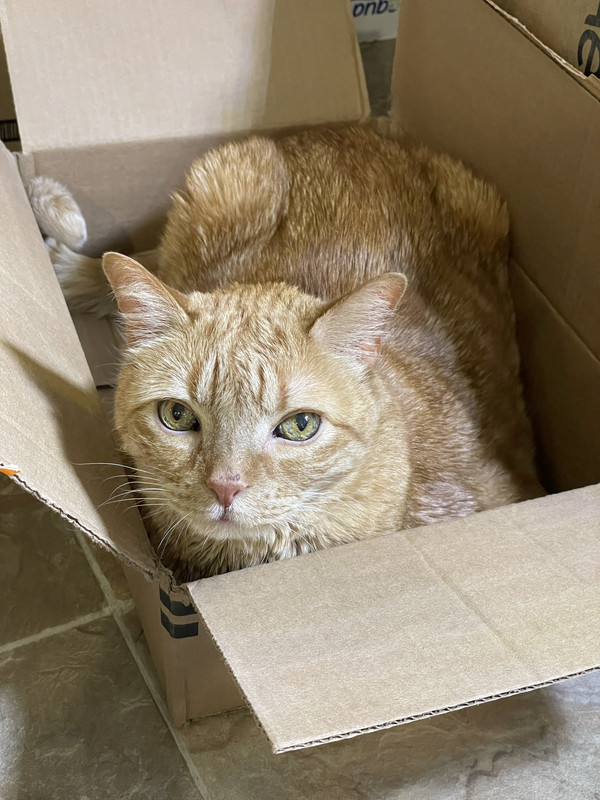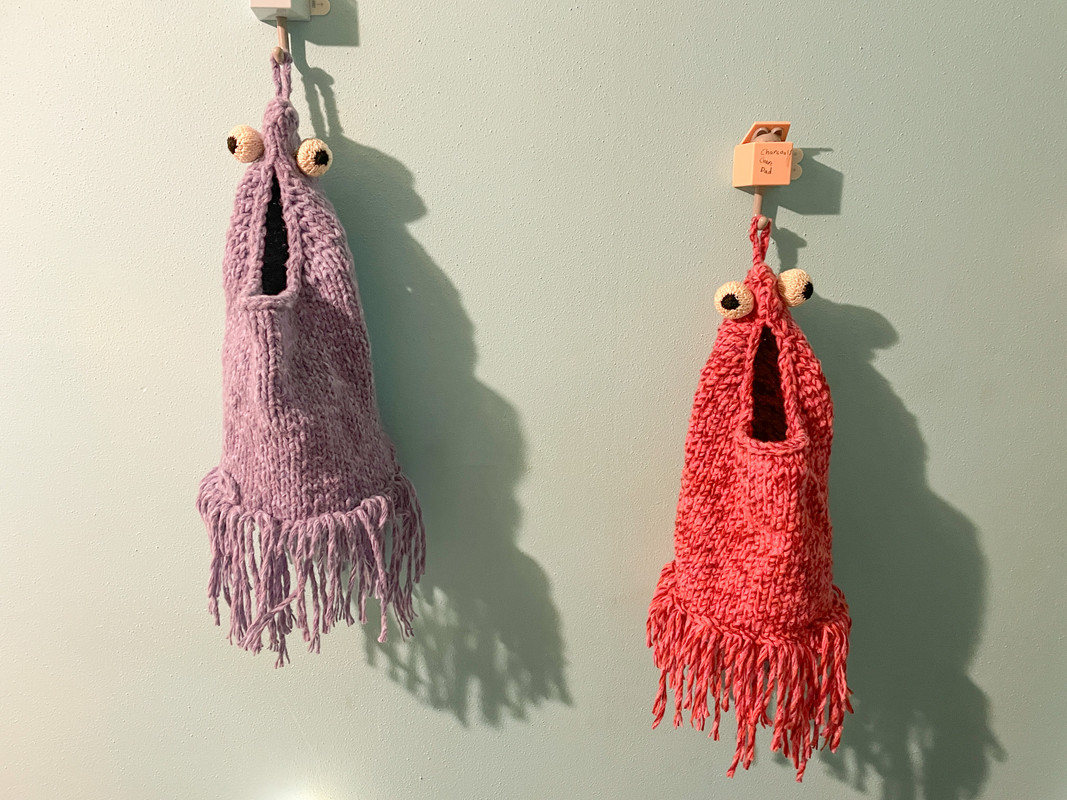this site lets you sort species by country and state
are you able to go back and see if that bat is still there? many species of midwestern bats cannot take off from the ground and would need rescuing
if that’s the case, search your state plus wildlife rehab, and call one of those places to ask what to do







thank you for going back and checking on them! and calling a specialist for advice.
sometimes they get chased to the ground but are fine, other times they get hurt and can no longer fly which is why they’re on the ground. this one seems to be making their way up to a proper takeoff height again which is a good sign